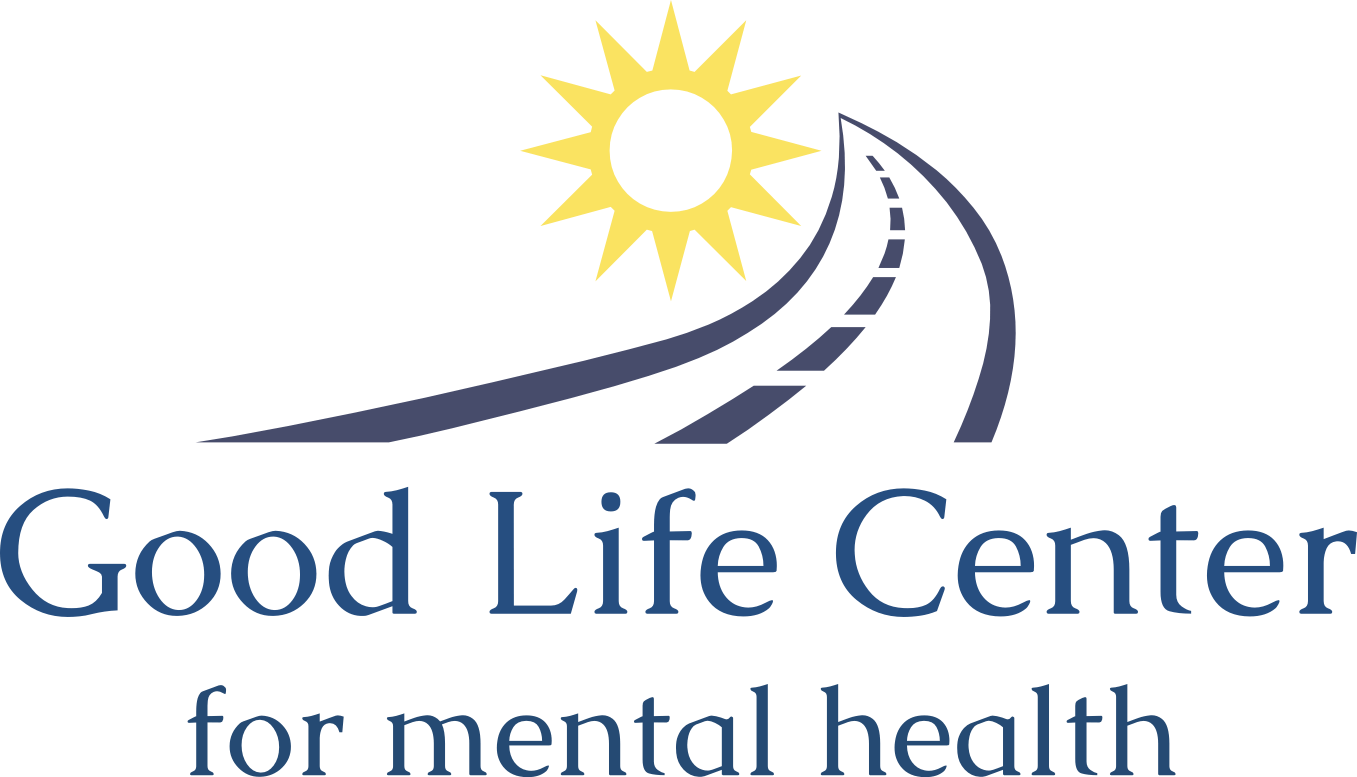At the Good Life Center for Mental Health we strive to provide the highest quality of care. We begin by working collaboratively with clients to identify the focus and scope of treatment and then utilize best practices to help guide clients toward achieving their therapeutic goals. At the center, clients are viewed as experts on themselves and their experience, and their active participation throughout the therapeutic process is vital for change to take place. In our model, the role of the therapist is to provide ongoing empathy and support to clients while identifying and delivering specific therapeutic methods to bring about rapid alleviation of symptoms. Thus, clients are not passive recipients of treatment, but rather active collaborators in the therapeutic process.

Our Practice

Therapists at the Good Life Center for Mental health are committed to using evidence-based techniques that have been shown to produce measurable results. The therapeutic modalities that are used in our Center have a robust body of research that support their use for the specific problems being addressed.
In addition to relying on empirically sound interventions, the clinicians at the Center utilize testing throughout therapeutic process to assess clients’ changing needs as well as their progress. The results that are obtained before and after sessions provide invaluable information about the therapeutic experience and effectiveness of the services provided, allowing for therapeutic interventions to be tailored according to the clients’ progress and therapeutic experience.
The services provided at the Good Life Center for Mental Health are not only scientifically sound, but are enhanced by an office environment that provides clients with a warm and supportive space where safety and satisfaction of their most basic needs can be met.
The clinicians at the Center are well-trained in a variety of therapeutic modalities and have extensive expertise in addressing a wide range of difficulties and disorders. Some of the modalities that are clinicians utilize include:
TEAM Therapy
Cognitive-Behavioral Therapy (CBT)
Cognitive-Behavioral Therapy for Insomnia (CBT-I)
Eye Movement Desensitization and Reprocessing (EMDR)
Trauma-Informed Interventions
